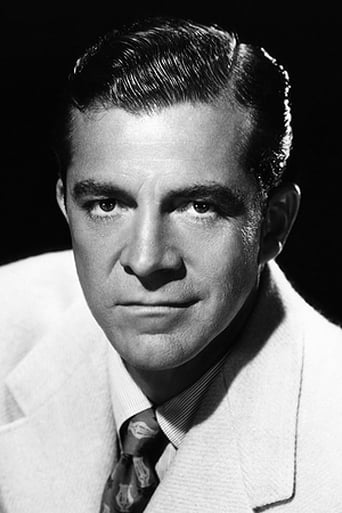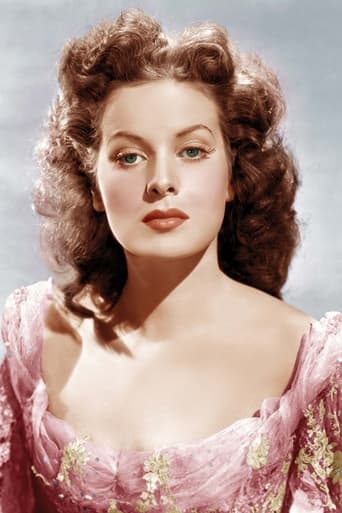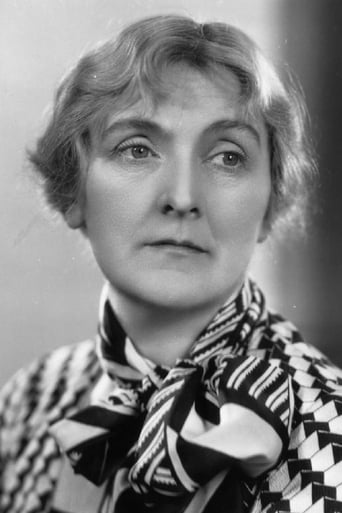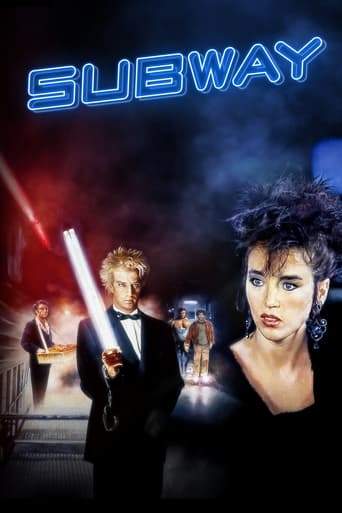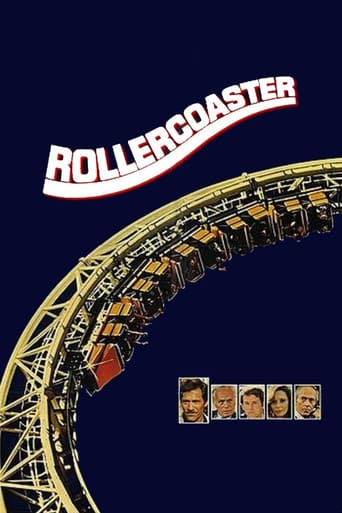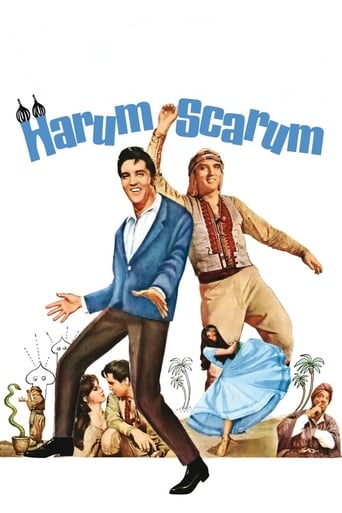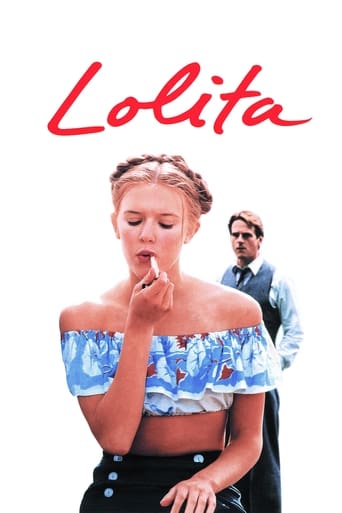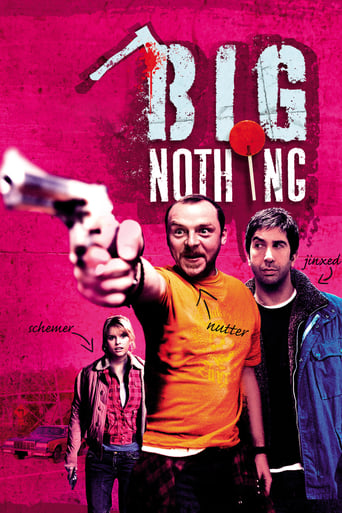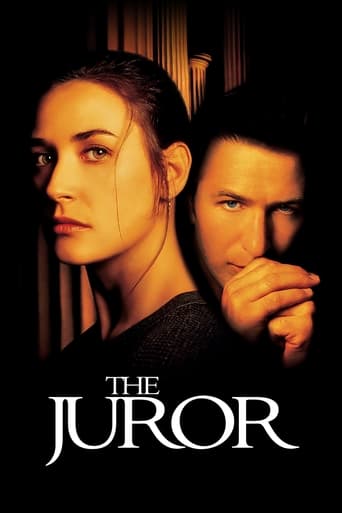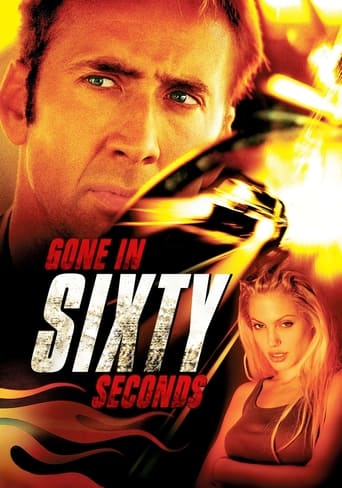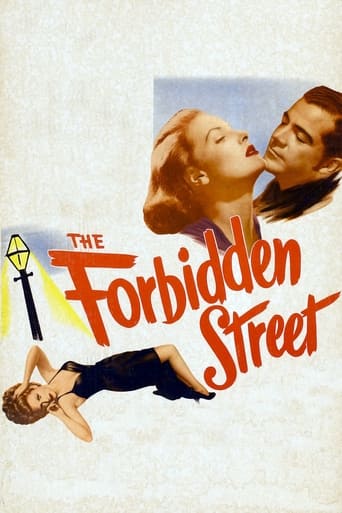
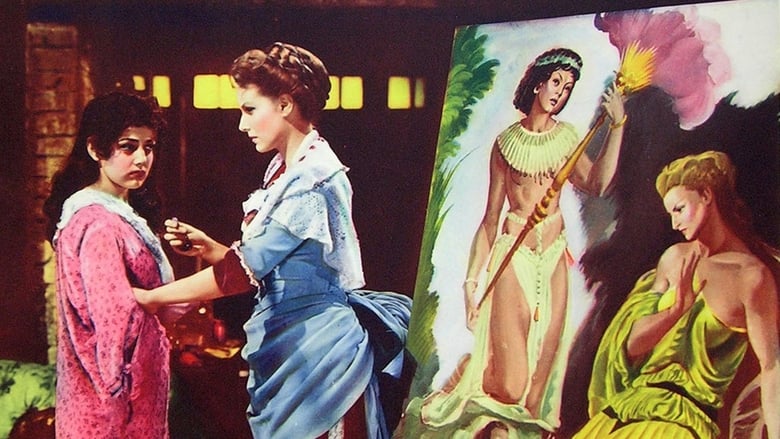
The Forbidden Street (1949)
In Victorian London, young Adelaide is born into luxury, but marries starving artist Henry. His alcoholism and their lack of money lead to many quarrels. During one such fight, Henry slips down a flight of stairs and dies. A neighbor, Mrs. Mounsey, is the only witness, and she blackmails the young widow by threatening to tell the cops that Adelaide killed her husband. Luckily, lawyer Gilbert swoops in to help Adelaide.
Watch Trailer
Cast
Similar titles
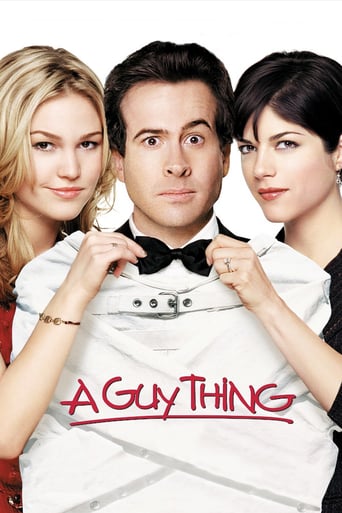
Reviews
The first must-see film of the year.
Great movie. Not sure what people expected but I found it highly entertaining.
It is encouraging that the film ends so strongly.Otherwise, it wouldn't have been a particularly memorable film
By the time the dramatic fireworks start popping off, each one feels earned.
Starting off slowly and moving to a boil, this movie quickly cools and sadly never regains momentum. But for those middle of the movie moments, this is like a volcano that suddenly burps and dies. With the gorgeous Maureen O'Hara, you'd think it's her, but the honors of making this rise up is the unrecognizable Dame Sybil Thorndike who, complete with wart and mustache, becomes as close to a Dickens character in a non Dickens character. She's a vicious blackmailer, seemingly just around the corner from death, but being the daughter of Satan plaguing the London slums, she's the type of character that you could see living forever.O'Hara is completely ladylike member of the upper middle class (not quite rich, buy mighty close...) who falls for a sophisticated but poor artist (the unrecognizable Dana Andrews) who secretly drinks and turns her marriage into a nightmare. Thorndike, stalking O'Hara and Andrews, witnesses what appears to be his accidental death, and viciously manipulates O'Hara into a payoff. Along comes a promising puppeteer (also Andrews!) who gets the pleasure of dealing with this vicious hag. That's where this loses steam, going from hag to sag within just a very short time.This had so much potential for becoming a classic Gothic thriller, with Thorndike as unforgettable as Martita Hunt in the recent "Great Expectations", but changes to the direction don't really help sustain complete interest. This is gorgeous to look at with upper middle class homes and the peasant setting stark contrasts to each other yet both stunning to look at. Wilfred Hyde White is commanding as O'Hara's father, and the rest of the ensemble seems perfectly suited to the period. Had I been an Academy voter in 1949, I would have pushed Thorndike for Best Supporting Actress, one of the great movie villainesses I've seen in a long time.
As a ten year old kid, I saw this film in 1949 under its U.S. title THE FORBIDDEN STREET (it was not a title later made up for any kind of re-release on VHS or DVD, although it did come out as BRITANNIA MEWS in the U.K.). We got a big kick out of Mrs. Mounsey (we then thought it was "Mrs. Mousey"), especially when the second Dana Andrews character slaps her around a bit and practically throws her onto what looked like either a stove or dresser, but even then I knew who Dame Sybil Thorndike was, and it appears that some reviewers of this film still don't. All the other performances in the film range from just about okay to pretty good, but Thorndike's old hag is really a showcase, considering how short her role ultimately is. One should be reminded that Thorndike (and not Edith Evans, Peggy Ashcroft, Margaret Rutherford, Margaret Leighton, Dorothy Tutin, etc.) was considered the greatest English stage actress of the 20th century from her debut around 1904 and right into the early 1970s, created Shaw's SAINT JOAN after he wrote it for her, did quite literally many hundreds of roles from Shakespeare and Marlowe to Priestly and Williams in the U.K., all over America and, indeed, almost the entire known civilized world of her day (who else can you think of who played Lady Macbeth, Hecuba and one of the sweetly murderous Brewster Sisters in ARSENIC AND OLD LACE, or who took shots at Greek drama in Greek and French classical repertoire in French?). She was almost 50 when talkies came in, so she naturally didn't make many films except in older character roles (she was Olivier's mother in PRINCE AND THE SHOWGIRL, but that role was originally Olivier's wife when the play was done with him and Vivien Leigh in London, and this probably remains her best-known film appearance). As for Dana Andrews, they did a good job of dubbing in his voice with one belonging to an English actor, but the voice really didn't go with Andrews' demeanor and character. His second character has the right voice (his own) for that first character. Anyway, the mid-Atlantic type accents heard from O'Hara and Andrews didn't bother me at all, and the fellow playing O'Hara's younger brother, Anthony Tancred, would appear to have had a very short film career, and this is unfortunate, as he is very good in the role and looks something like a taller and classier version of George Cole. Amazingly enough, they get away with turning a pretty morose and near tragic story into almost a comedy by the time the curtain comes down, and that is no mean achievement. Anyway, it was nice to see it again after 67 years and to see that memory can play tricks on one - I seemed to recall that the second Andrews character threw Mrs. Mounsey down the stairs, but he didn't. Good thing, too; that's no way to treat Dame Sybil Thorndike. Aside: Thorndike was made a Dame of the British Empire in 1931, but her husband, equally proficient actor and incredibly proficient stage director Lewis Casson, wasn't knighted until almost two decades later. She was delighted because now she could be legitimately called either "Dame Sybil" or "Lady Casson".
When Dana Andrews appeared on the screen, I was shocked. Shocked because out of his mouth came the strangest British voice--strange because it obviously was dubbed! The voice and the face just don't go together at all! And, combined with the bohemian hair and goatee, he's definitely an actor out of his element!! Maureen O'Hara plays the title character. She is a lower upper-class girl whose home overlooks the Mews--a stretch of slum apartments surrounding the stables. She falls in love (or, it's more like a girlish infatuation) with an artist (Andrews) and runs off with him. Her parents are angered, as he is from the lower class--so they cut her off. O'Hara assumes they'll live off love and be content, but that doesn't last long. Andrews drinks and has little ambition--and soon the marriage is all but over. When they argue one day, he falls off the stairs to his death--and a neighbor (a decrepit old crow) sees it and blackmails her. This is an interesting twist, but also made no sense, as the police almost certainly would not have believed the blackmailer and O'Hara was a lady. But, despite this and no evidence it was anything other than an accident (which it was), she pays the old bat and is forced to stay in the Mews--and she's being bled dry in the process.Later in the film, a really, really goofy thing occurs--a 10 on a goofiness scale. Dana Andrews appears once again--but he's playing a different character! This one looks like the traditional Andrews and it is really his voice--along with a somewhat British accent...somewhat. This Andrews is an out of luck actor who drinks. He asks her what she bothers to stay in this dump--a wonderful and very insightful question! He soon helps her rid herself of the blackmailer--using something she lacks--common sense! Soon, the pair begin cohabiting--him assuming the role of her new husband (though the film is cagey about whether or not they sleep together--it seems they probably and inexplicably did not).One of the first things Andrews #2 does is discovers the dead husband's project--a set of beautiful puppets (which, by the way, O'Hara hated and discouraged Andrews #1 from making). He suddenly shows a lot of ambition and sobriety--and learns to be an expert puppeteer. As a result of his new fame, the two are able to have a nice life due to his great success. And, in the process, the Mews is transformed into a far less crappy neighborhood. Some time later, when O'Hara sees her brother, she pretends (why?!?!) that Andrews #2 is Andrews #1...whatever. Will the ruse be discovered? Will anyone care? This film features the horrible cliché of identical strangers as well as no reasonable reason for O'Hara remaining in the Mews and paying blackmail. When a story relies on a character behaving this stupidly, it's a bad film unless it is supposed to be a comedy--and this was no comedy (aside from Andrews' dubbed voice...THAT was funny!). Despite good acting and some nice Twentieth-Century Fox polish, the film really was a silly and convoluted mess because the script was often dumb.
Dreadful film.Dana Andrews takes a double role here. In his first part, he tries to do an imitation of Ronald Colman. Where did he ever dream up that accent? It was awful. This was Dana's biggest bomb in pictures. Even in 1945's "State Fair," he was far superior here.The best performance by far here is by Dame Sybil Thorndike as a nasty woman who blackmails Maureen O'Hara, when hubby Andrews takes a fatal flop down the staircase. Had the picture kept up with the blackmailing, it would have been far superior. Instead, it jumps to 3 years later when from out of the blue, Andrews reappears as a look alike to the fallen husband. He quickly chases the old bat Thorndike away; takes up with O'Hara but sleeps separately from her because he is already married. Nice morals are displayed here.Having found the dead husband's puppets, Dana #2 and Maureen soon go into the puppetry business and because of it, Brittania Mews, a slum for all seasons, soon becomes a different environment. Isn't this just ducky?In showing the slum area, the set decorations are even worse than you expect.This misery lasts for 1:37. Too much to handle.
